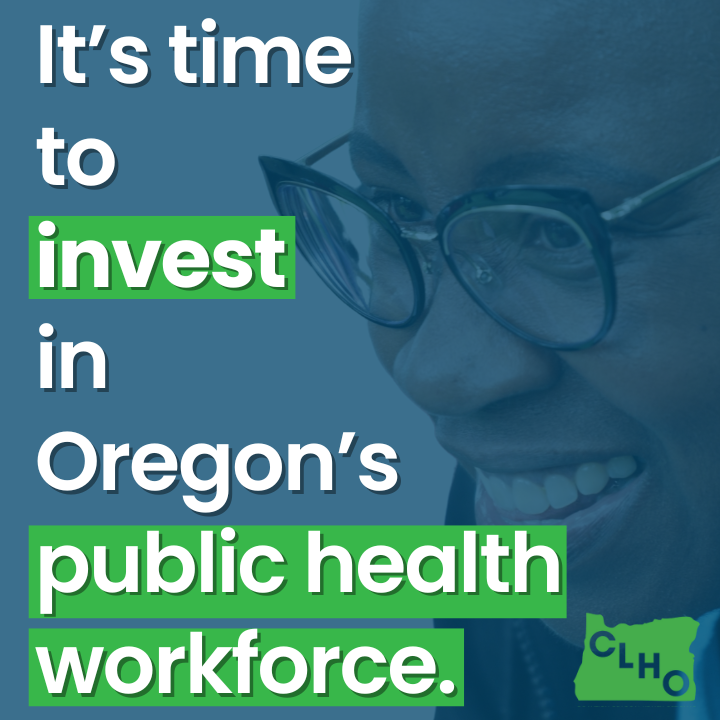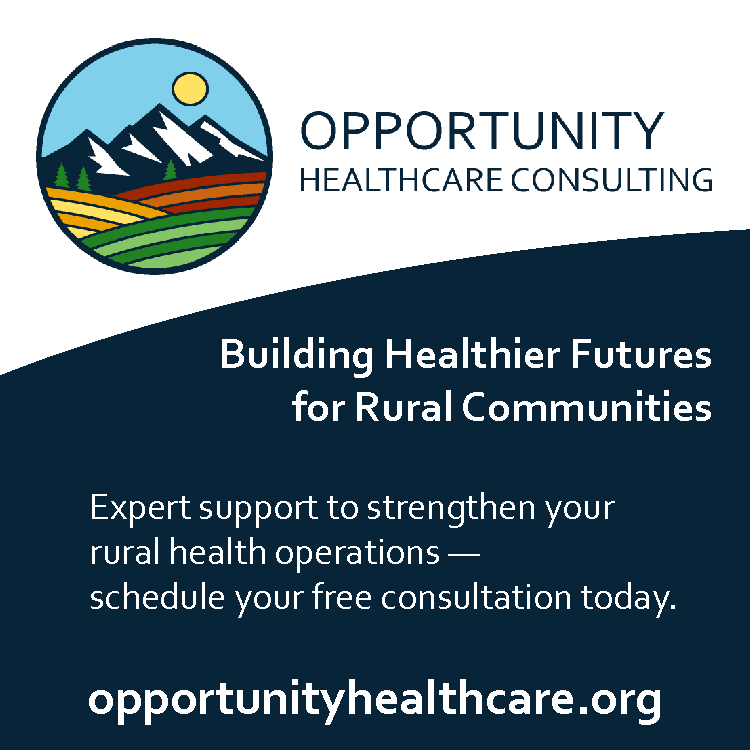Three years ago, Prism Health opened its clinic in Southeast Portland to serve lesbian, gay, bisexual, transgender and queer patients.
As the first such clinic in Oregon, it attracts patients across the state and even has clients who live in Spokane, Washington.
The clinic, an extension of the Cascade AIDS Project, offers testing for sexually transmitted infections and HIV along with primary care and mental health services. Prism Health has two nurse practitioners, a part time medical doctor, psychologist and physician’s assistant and serves 1,600 clients, including both teens and adults. It has a new pharmacy onsite and takes a range of insurance policies, from typical commercial plans to Medicare and Medicaid. The clinic is what’s known as a federally qualified health look-alike center. They are community based clinics under the Health Resources & Services Administration that offer primary care in underserved areas but do not receive federal funding.
Mandy McKimmy, Prism Health’s medical director, said the clinic scrambled to adapt to the coronavirus pandemic. Most of the providers have worked at home, but the clinic has offered some appointments.
In an interview last month, McKimmy discussed how the pandemic has affected the clinic. The interview was edited for clarity and conciseness.
Q. How has your clinic changed with the pandemic?
We drastically changed in mid-March, almost overnight. We went from all in-person services to all telehealth services. We did have a solid two weeks where we didn’t provide any services in the clinic. But the providers met and decided there were some services that we absolutely still need to offer in person, like if someone needed an IUD removed or some sort of hands-on procedure. Once we got our allotment of (coronavirus) tests, we started offering testing onsite.
Q. How did the transition go from in-clinic appointments to telehealth appointments?
We were lucky that the platform that we use for electronic health records had a telehealth program that we could purchase. We have a really good team. Everybody took extra steps to learn it quickly. We had about two days of downtime where we weren’t really able to see patients because we were waiting for the telehealth program to be ready to go.
Q. How have your clients faced any particular challenges with converting to telehealth visits?
A. We do have some patients who are houseless. We’ve reached out to them to make sure they have a phone. We provide them with a phone if we need to. The biggest challenge has been that three-quarters of our patients have reported that they’ve lost their jobs or they’ve been furloughed so they’ve been hesitant to schedule appointments. Patients are worried that they may have a copay or what insurance is going to bill for telehealth. We’ve had a pretty decent no-show rate which was surprising for telehealth. But the patients we’ve reached out to said they didn’t know if their insurance would cover a telehealth appointment. So it’s been an opportunity for us to connect them with an insurance navigator who helps them understand what their insurance covers.
Q. Have there been any advantages to switching to telehealth?
We’ve been lucky in that it’s helped us reach our houseless patients. They tend to be the hardest patients to get to come to any appointment. Also, when our providers are online with patients, we’re focusing on other things besides just their health. We’re checking on if they have food and if we have to connect them to a food bank or do food deliveries for them. We’re checking in to see if their housing is stable. If they feel like they’ll be able to make their rent payment. And we’re working on patients - particularly patients with HIV - to help them apply for short-term disability. I’ve had quite a few patients who’ve chosen to work from home or stop working and so we’ve had to navigate a lot of paperwork.
Q. So you’ve been working a lot on social determinants of health?
Yeah. Last Friday we got a bunch of food boxes and instead of seeing patients, we delivered food to patients. That was really special for the clinic to go to our patients’ homes and make that connection with them.
Our houseless patients (normally) use the gyms in the Portland area for hygiene. They go to the gyms to shower and brush their teeth and that kind of thing. (With them closed), we’ve been able to deliver sanitation supplies for patients like hand sanitizer and bath cloths and things like that.
Q. What kind of perspective has this given you?
It’s been really moving. Sometimes it’s heart-breaking and humbling to see where a patient lives. I had a patient that I’ve delivered food to two or three times now and they had a tent. It was just on the side of the road. They primarily live in their vehicle. That patient in particular has tons of health problems and is on tons of medications. Just seeing the living condition of where his housing is is eye opening. He does have challenges to take his medication or use devices he needs. He has sleep apnea. We’ve had to work to get a battery powered device to help him use his sleep machine at night.
The patient tells you their story when you’re in the office with them but it’s been good to see their story.
Q. Has that changed the way you approach them?
In the past when I’ve asked about food security and housing and safety, I’ve blended it into my appointments thoughtfully. And now I just open with that. We spend the first five minutes of our visit talking about how coronavirus has affected them. (I ask them:) Do you have food? Do you have housing? Are you safe? How is your mental health? Is your anxiety worse? Is your depression worse?
Q. Has it been difficult for your patients to stay safe with social distancing and such?
Our patients have been doing great though some have had increased anxiety and depression. But a lot of them have put in place social distancing or found different ways to be entertained and exercise.
Q. Your focus is working with LBGTQ patients. Has there been anything that’s been different for your patients than for another clinic that served the general population?
Yes, especially for transgender patients. A lot of the time they don’t have much social support. For example, when I’m doing a suicide safety plan with a transgender patient, they often cannot name three people that they could turn to. In fact, they’ll often name the clinic as a place to turn to. I think having the doors shut more than they are open - it’s probably not the most ideal situation for those patients.
The other thing we’ve seen is (an increase) in requests for anxiety medication. Sometimes people try to use medication as a way to cope. Sometime it’s necessary but sometimes it’s a matter of working on other coping strategies. We work through things like deep breathing and meditation, yoga and self care is a really big part of all of our appointments.
Q. How has the pandemic affected the clinic's finances?
We’re terrified of finances at the moment. We have the cost of not seeing patients for a few days when we started the telehealth program and we had to purchase the telehealth program and computers and equipment for staff. We’ve been applying for every type of grant or loan opportunity to try to make up for that. We plan to keep all of our staff but we’re frantically working on ways to make that happen.
Q. How will the pandemic change your practice going forward?
I think health maintenance - like Pap smears - all that’s going to pile up over the next few months and we will have a surge of needed appointments and needed appointments onsite. I hope there will be flexibility with the insurance companies. We’re not necessarily giving immunizations right now or the annual screenings that are so important.
And in some capacity, I think we will continue telehealth.
The clinic, located at Southeast Belmont St., is now open three days a week. For more information, check its website.


